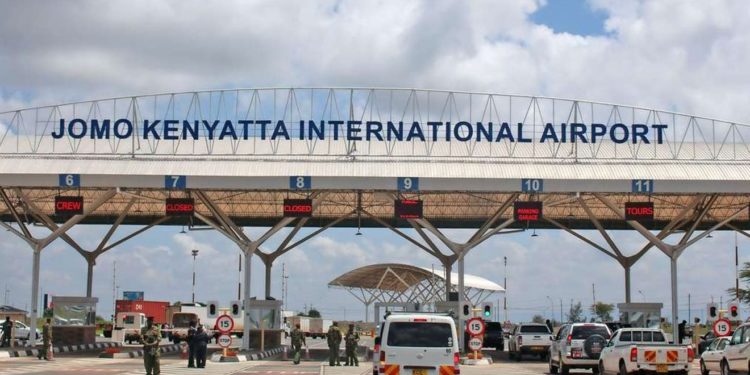Kenya’s Cabinet has approved the 2025 Budget Policy Statement (BPS), setting the stage for a KES 4.2 trillion budget for the 2025/26 financial year. The proposed budget, representing 22.1% of the country’s GDP, now awaits parliamentary approval.
The Cabinet, chaired by President William Ruto, also approved significant infrastructure upgrades at Jomo Kenyatta International Airport (JKIA) and new international agreements. Furthermore, it outlined measures aimed at enhancing public finance management and ensuring fiscal sustainability.
The proposed KES 4.2 trillion budget will be allocated as follows: KES 3.09 trillion for recurrent expenditure, KES 725.1 billion for development projects, KES 436.7 billion for county transfers, and KES 5 billion for the Contingency Fund. According to the Division of Revenue Bill 2025, KES 2.8 trillion is proposed as shareable revenue. Counties will receive KES 405.1 billion as their equitable share, along with an additional KES 10.6 billion for the Equalisation Fund.
The Cabinet’s approval also ensures fair allocation of funds through the County Allocation Revenue Bill 2025, which uses the Third Basis Formula to distribute funds. Additionally, the County Governments Additional Allocation Bill 2025 proposes an extra KES 69.8 billion from the National Government and development partners, raising total county transfers to KES 474.87 billion.
The BPS 2025 prioritizes economic growth, fiscal consolidation, and inclusive green development. Kenya’s GDP grew by 5.6% in 2023, up from 4.9% in 2022, primarily due to agricultural recovery after a prolonged drought. Growth is expected to stabilize at 5.3% in 2025 and 2026, supported by agriculture, a resilient services sector, and strategic government interventions.
The government’s focus includes reducing the cost of living, eradicating hunger, creating jobs, expanding the tax base, improving foreign exchange balances, and fostering inclusive growth. Key strategies for enhancing revenue collection include expanding the tax base, leveraging technology for improved tax efficiency, and maximizing non-tax revenues from government agencies.
In addition, the Cabinet approved KES 199.9 billion in Supplementary Estimates for the 2024/25 financial year, aimed at supporting various government priorities.
















